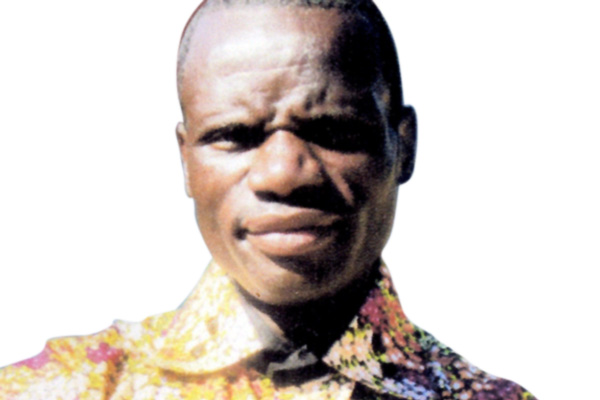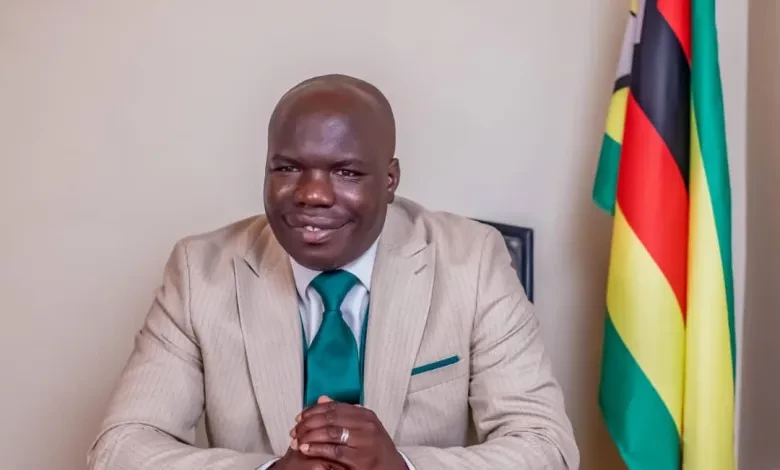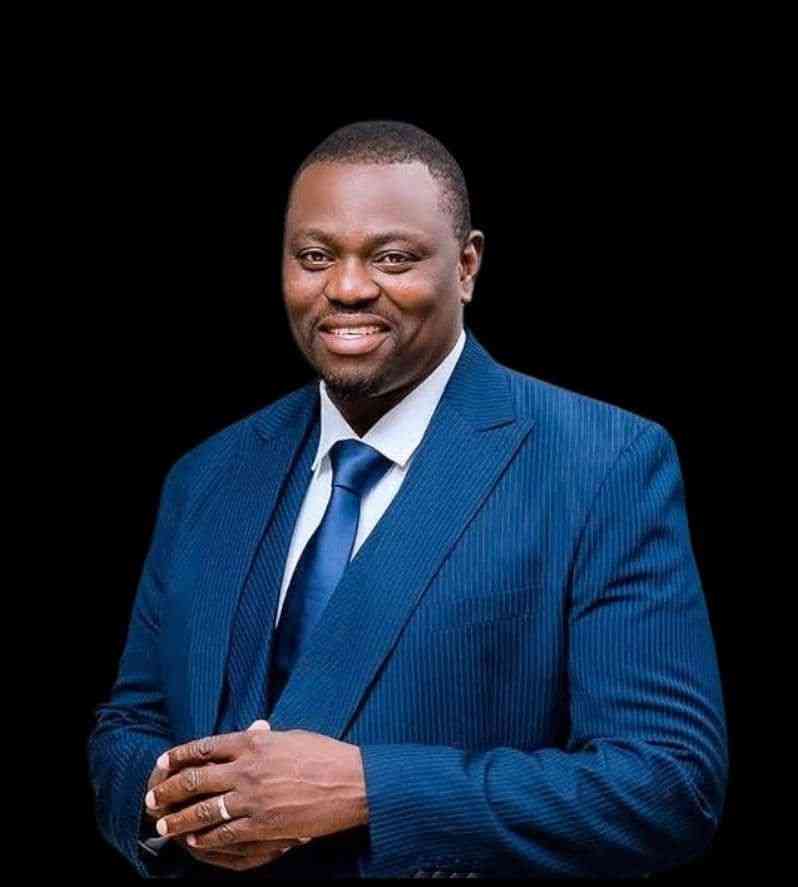
Forgotten sungura musician Liversy Matamba is a nostalgic, yet hopeful man.
BY TAPIWA ZIVIRA
After releasing his 13th album last month, the 45-year-old Highfield resident believes the sungura music genre, which is currently overshadowed by the Zimdancehall wave, will rise again and once more dominate playlists of bars and homes.
For a man who started his music career with the intention to sing Jit, not sungura music, and went on to release an album that could have marked the revival of the Bhundu Boys style of music, he believes he has come a long way and sees himself as one of the many embattled sungura musicians who, if they come together, can revive the country’s most popular music genre.

“I have come a long way, and I am hopeful the future can be bright if music producers can have the same passion and taste for quality music as those of the past,” he said, adding that he believes Bothwell Nyamhondera, who produced his last album, is one of the few remaining producers that prioritise quality over money.
Sharing his nostalgia Matamba said producers of the 1990s would refuse to produce an album if they felt the quality was not good enough.
- Chamisa under fire over US$120K donation
- Mavhunga puts DeMbare into Chibuku quarterfinals
- Pension funds bet on Cabora Bassa oilfields
- Councils defy govt fire tender directive
Keep Reading
“For them, it was about protecting their name and brands, so they did not want themselves to be associated with shoddy productions, hence they took their time, and even went to the extent of going to farms to search for talent,” he said.
“This is why when I attempted my first recording, hoping to do traditional style music like that of Thomas Mapfumo, or the late Marshall Munhumumwe, I was turned back and told to try sungura.”
“It was only when one of the former Bhundu Boys member, Kenny Chitsvatsva agreed to mentor me and helped me produce my first album, in which he played drums, and helped bring the Bhundu Boys influence into the music.”
With his first album, Matamba, who led the vocals on the hit song Shaura, took off to dizzy heights.
But for him, it was not just his effort as contributors to the album included seasoned instrumentalists who were hired from other bands to record with him.
From Oliver Mtukudzi’s Black Spirits band they hired the late Samuel Muteswa who played the lead and rhythm guitars and the late Albert Kapondora who was on the bass guitar.
Solo Makore, who was with the late Simon Chimbetu’s Orchestra Dendera Kings, was on the lead guitar and Sam Busywork who was a member of Leonard Zhakata’s band also did the lead rhythm guitars. Peter Muparutsa of the Runn Family fame did the keyboards and produced the album,.
For many, this appeared to be the rebirth of the Bhundu Boys as some of the songs, like Shaura, can still be mistaken for a Bhundu Boys production to this day.
Sadly, that was to be the last of that type of music as Matamba moved to sungura in the next album.
But a lesson had been learnt. The sort of talent harnessing during recording, which Matamba used in subsequent albums might have kept him floating for a while, before he drifted off from the limelight.
Hopeful as ever, Matamba silently released his latest album, which has six beautiful tracks that have maturity and depth.
Unlike most of the contemporary sungura productions that carry elements of a typical Macheso heavy bassline, Matamba’s songs have the fundamentals of classic sungura which include sharp high pitched lead guitars, some Cha Cha Cha and bits of rhumba touches.
Interestingly on Chikurubi and Wakanaka Seiko, Matamba, perfectly fuses the late Four Brothers style of Jit with sungura.
But good as the production might be, Matamba is in a predicament — typical of many Zimbabwean musicians.
He is struggling financially and has to virtually do most of the work, including managing and promoting his music.
Such a situation could see his beautiful production remain little-known to the many sungura fans yearning for new productions in a country dominated by Zimdancehall songs that come out almost daily and are promoted aggressively on social media and other online platforms.
But hopeful as he is, he anticipates using digital platforms to promote his music .










